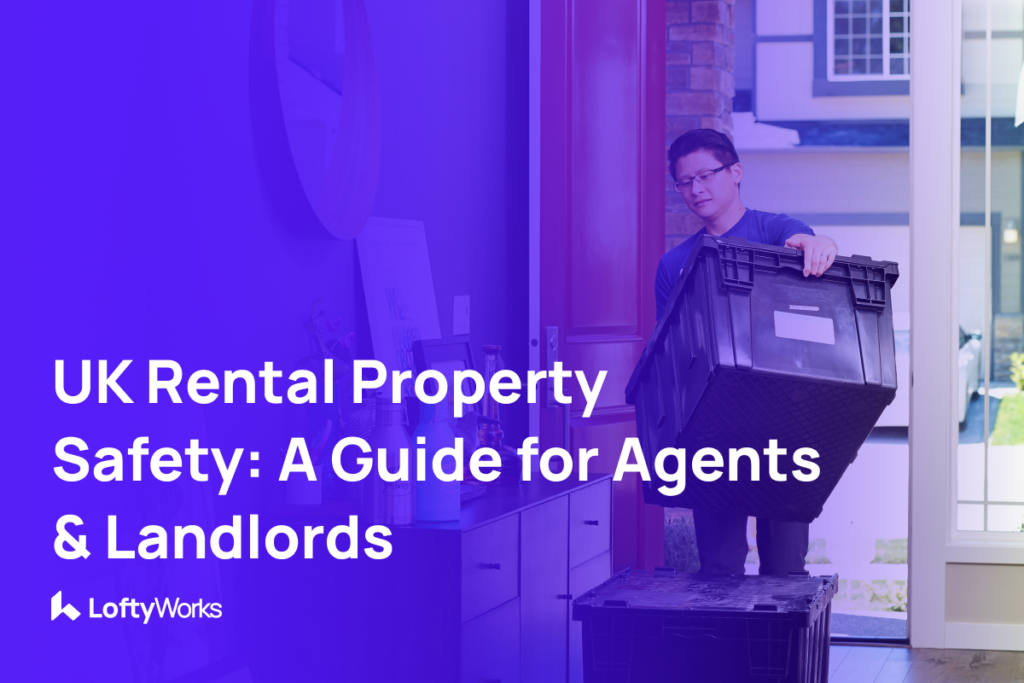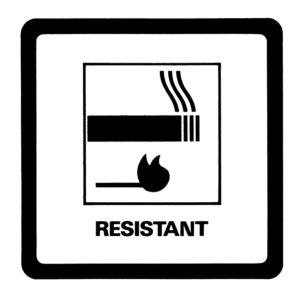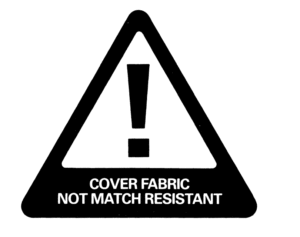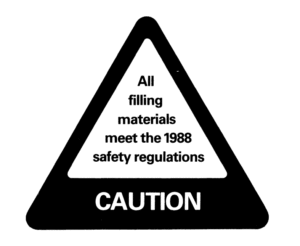UK Rental Property Safety: A Guide for Agents & Landlords

In the realm of professional letting agents, ensuring that landlords’ properties comply with UK safety standards is paramount. It’s not just about checking boxes; it’s about safeguarding tenants’ well-being during their rental tenure. Here’s a breakdown of some essential points to consider and educate landlords about:
The Significance of Property Safety Compliance
Ensuring compliance isn’t merely about following rules; it’s about creating a secure and comfortable living environment for tenants. Compliance has various benefits, including protecting tenants from harm, reducing the risk of legal disputes and fines, maintaining a positive reputation for landlords and agents, and providing peace of mind for all involved parties. Additionally, meeting safety standards can potentially increase property value and rental income.
Key Areas of Safety Compliance
- Gas Safety: Arrange annual gas safety checks by a Gas Safe registered engineer for all gas appliances and provide tenants with a copy of the Gas Safety Certificate.
- Electrical Safety: Conduct inspections and testing of electrical installations before each tenancy and at least every five years thereafter. Provide tenants with an Electrical Installation Condition Report (EICR).
- Fire Safety: Install smoke detectors on each storey with living accommodation and test them regularly. Provide clear escape routes and compliant fire extinguishers in communal areas.
- Carbon Monoxide (CO) Alarms: Equip rooms with combustion appliances with carbon monoxide alarms and test them alongside smoke alarms.
- Furniture and Furnishings: Ensure all furniture complies with fire safety regulations and is labelled accordingly to indicate compliance. Furniture within rental properties poses a fire hazard and must adhere to the Furniture and Furnishings (Fire Safety) Regulations 1988. Older furniture may have highly combustible padding and upholstery. While modern furniture should be fire-resistant, always verify compliance through labels (see some examples of labels below). Click here for examples of compliant labels.



- Security: Address security concerns such as changing locks, installing security lights, and checking window locks to provide tenants with a secure home environment.
- Portable Appliance Testing (PAT): While not mandatory, consider PAT for electrical appliances to mitigate fire risks.
Agent Responsibilities
Letting agents play a crucial role in ensuring landlords’ compliance with safety regulations and in overall rental property safety. Agents should stay informed about industry news, updates to regulations, and new legislation to advise landlords effectively. During property inspections, agents should be vigilant for potential safety hazards and educate tenants about risks.
Legal Consequences
Failure to comply with safety regulations can have severe consequences, ranging from harm to tenants to significant financial penalties. Landlords and agents must understand the potential legal implications and take proactive measures to maintain property safety.
In conclusion, prioritising safety compliance in rental properties is essential for landlords, letting agents, and tenants alike. By understanding and adhering to UK safety standards, landlords can provide tenants with a safe and secure living environment while mitigating legal risks. Stay informed, stay compliant, and prioritise tenants’ well-being to ensure successful and responsible property management.


